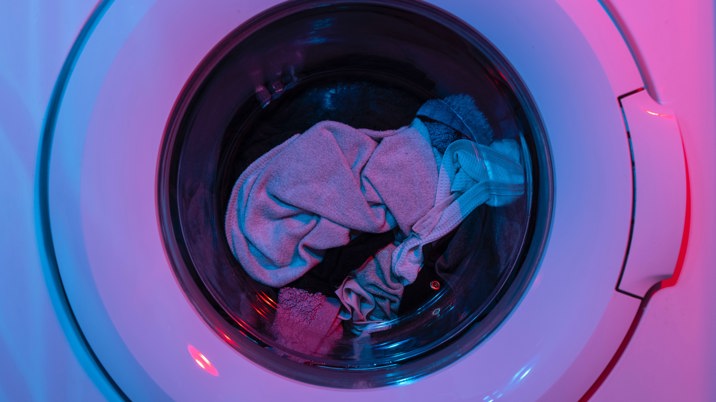
Good Housekeeping UK, Britain’s women’s lifestyle magazine brand, has announced the launch of the Good Housekeeping Institute Performance + Energy Efficiency Accreditation.
The new accreditation ensures that an appliance has not only passed Good Housekeeping UK’s quality assessment tests for performance, but that energy usage is consistent with the efficiency shown on its label. The new launch comes as the Good Housekeeping Institute UK celebrates its 100th anniversary this year.
The Performance + Energy Efficiency Accreditation aligns with the latest Advertising Standards Authority (ASA) guidelines. Good Housekeeping says it is one of the first in the industry to introduce an accreditation that focuses on energy efficiency and performance, assessing labelling claims and offering consumers peace of mind and transparency in their purchasing decisions. The accreditation will focus on LDAs (Large Domestic Appliances) in the first instance, covering ovens, dishwashers, washing machines and tumble dryers.
Laura Cohen, head of accreditation at the Good Housekeeping Institute said: “For 100 years, The Good Housekeeping Institute has been synonymous with trust. The new Performance + Energy Efficiency Accreditation rigorously tests appliances against their energy efficiency claims, championing the effective products on the market, and supporting consumers in taking steps towards getting greener and more energy efficient appliances in their homes.”
Recent research among the Good Housekeeping audience has found that just under three fifths (59%) of consumers are concerned about carbon emissions, and many of them are taking action to reduce use of energy at home. In addition, when it’s time to replace an appliance, a third are taking the sustainability of a product – which for white goods is likely to include its energy efficiency – into account before purchasing. The main outtake from the research was that consumers often feel labelling on products is misleading when it comes to sustainability claims, making purchasing decisions difficult.
Keep up-to-date with publishing news: sign up here for InPubWeekly, our free weekly e-newsletter.









